Today, I was supposed to be heading out to a writing retreat in Snowdonia in Wales.
I’m on my fourth book now, and I know myself as a writer – I find it very hard to get a start on a big piece of work without a clean mental break.
This particular retreat is run by the organisation Mothers Who Write, meaning it was specifically designed as a caring break for mothers, with meals provided, writing feedback sessions offered, and absolutely no responsibilities beyond getting the work done.
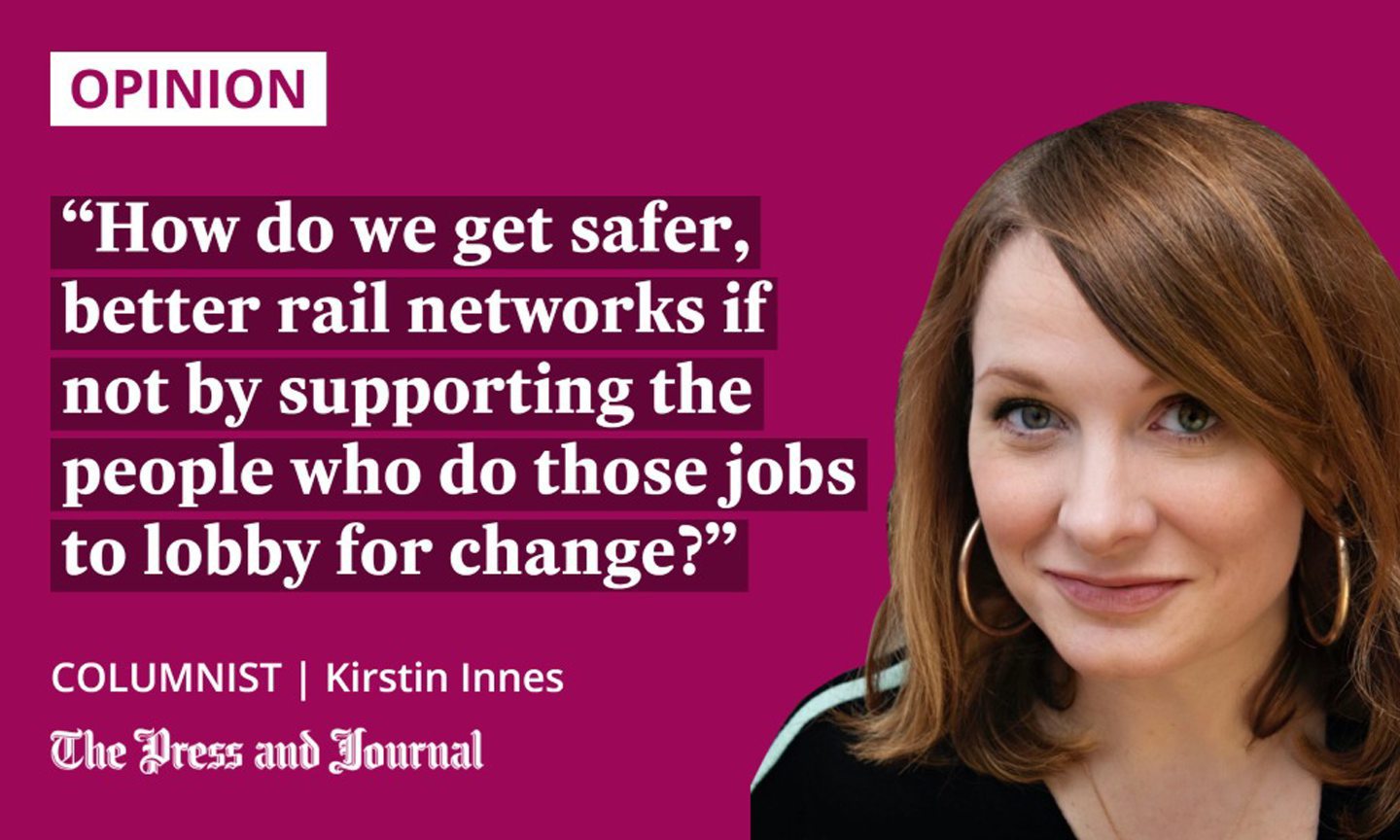
I’d applied for the funding to go in January, booked my place in February, saved up to cover the final payment, arranged wrap-around childcare to support my husband, and booked a flight to Birmingham (trying to find the shortest possible way of travelling to Snowdonia and back without leaving my children for any additional days).
Last week, my flight was cancelled; both EasyJet and Ryanair’s bosses have gone on record this month to say that this will happen more and more due to airport staff shortages related to Brexit. I braced myself for the bigger spend of train travel but, due to this week’s well-publicised rail strikes, there was not a single ticket from anywhere in Scotland to Birmingham or Wolverhampton (the other connecting station) available.
I booked a bus from Glasgow to Birmingham that would require an additional overnight stay the morning before, and would meet the last train from Birmingham to Machynlleth. And then that train was cancelled.
There is no way whatsoever of me getting to Snowdonia this week. Right now, today, someone from my part of the UK cannot travel to another part of the UK, unless they have the means and ability to take their own private car.
I’m not trying to find equivalence between my story and the stories we’ve seen on the news this week of nurses, teachers and school pupils unable to get to their jobs or exams because of the rail strikes. I just offer this information to demonstrate that I have also been massively inconvenienced – professionally and financially – by the strikes this week, and, yet, I still fully and absolutely support the workers’ right to go on strike.
Rail workers are lobbying for change
Ignore for a minute the misleading headlines about train drivers’ salaries, and have a look at the reasons the RMT union members themselves – largely not the drivers, but the ticket office staff, the signal workers, the maintenance people, the cleaners – are giving for this strike action.
We’re on the verge of becoming a country where car travel is mandatory, just in time for the price of petrol going up
These are the people who, on low wages, keep the whole country running, who were hailed as heroes during lockdown by the same government (and, specifically, transport minister Grant Shapps) now weaponising a sensationalist press against them. They are stating very clearly that £4 billion of government cuts to transport systems and infrastructure have resulted in a situation where train operating companies are slashing pensions, lowering salaries and setting up a dangerous fire-and-rehire culture.
It is fundamental that we protect the rights of workers to strike. If we are not allowed to refuse our labour, what other options are available to workers to make change?
RMT have also highlighted that the austerity policy has lead to very dangerous situations where safety inspections on the whole rail infrastructure have been cut by 50% to facilitate mass redundancies, and that ticket offices are being closed in favour of machines, despite passengers’ accessibility needs. They aren’t just looking out for themselves, they’re looking out for their passengers, too.
How do we get safer, better rail networks – a safer, better, more timely and cleaner national infrastructure for transport – if not by supporting the people who do those jobs to lobby for change?
We’re on the verge of becoming a country where car travel is mandatory, just in time for the price of petrol going up. And, despite Shapps and Boris Johnson handwaving the issue away, all of these infrastructure failings can be directly connected to the actions of their government.
Are our politicians taking public transport?
As a non-driver living in a rural area, I suddenly feel like a superhero losing my powers. Almost all of my friends drive; when they can’t, I am their public transport guru.
I can tell you how to split a train fare, or when the tiny bus owned by a company so small they’ve only got a Facebook page will come. I know which of the towns near our village have taxi ranks with five-seater taxis in case you get really stuck and need to take a cab with a buggy or children too small to ride in a sedan car.
I have the train times of our local station memorised, including the maximum time needed to walk there with two under-fives. I know when it’s better to get a bus.
I also know my regular fellow passengers. There is no one Grant Shapps would recognise from behind the blacked-out glass of his ministerial car if, by some wild chance, it happened to draw up level with the wee backroads bus. Very few old Etonians, Oxford PPE graduates or leaders of industry on the number 4.
By and large, they are not the people being inconvenienced this week. It’s conceivable there might be more than a few rail workers on there, though.
Kirstin Innes is the author of the novels Scabby Queen and Fishnet, and co-author of the recent non-fiction book Brickwork: A Biography of the Arches
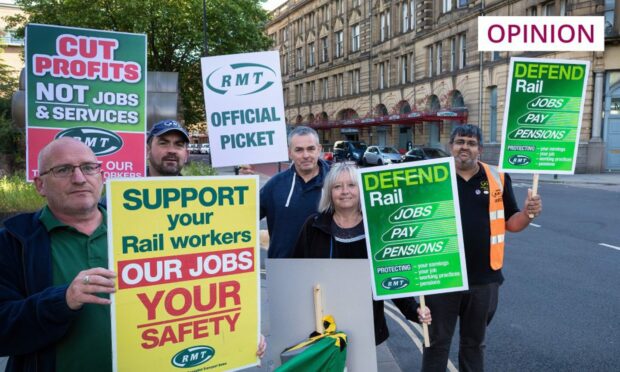
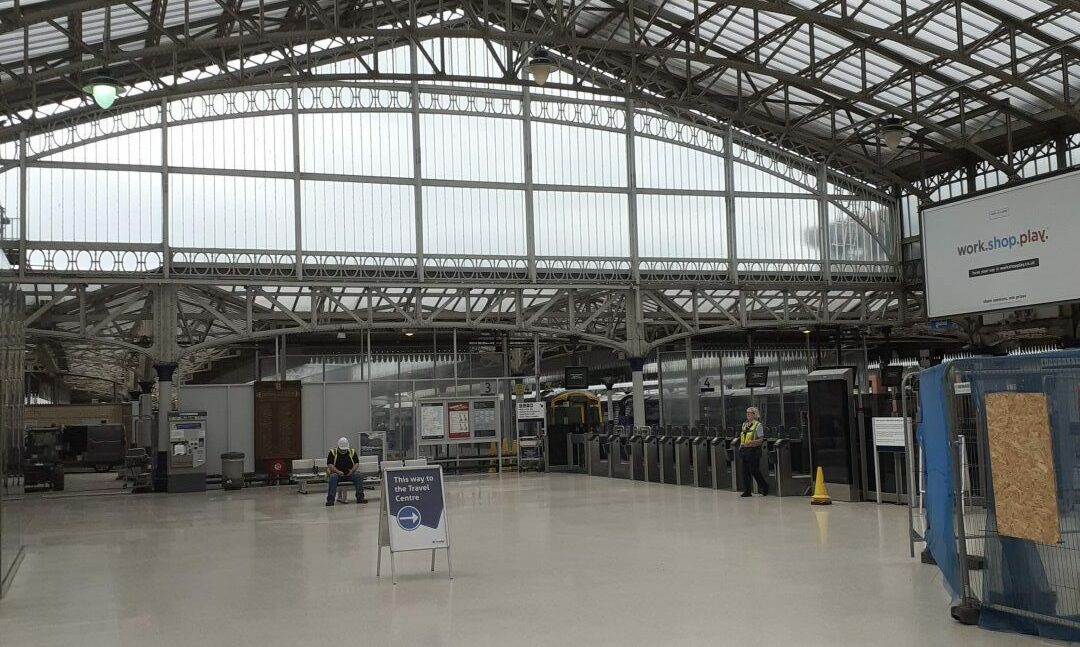
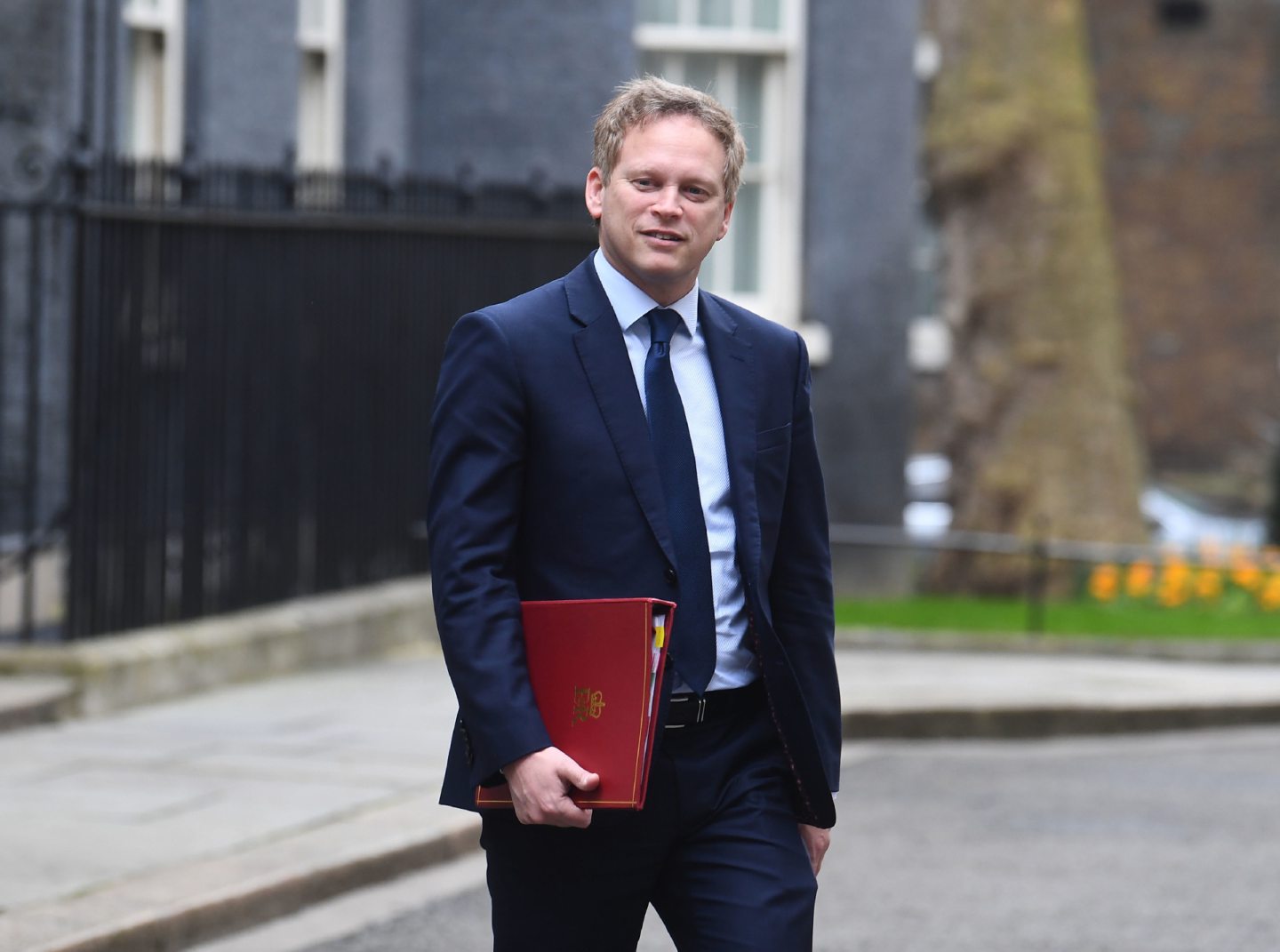
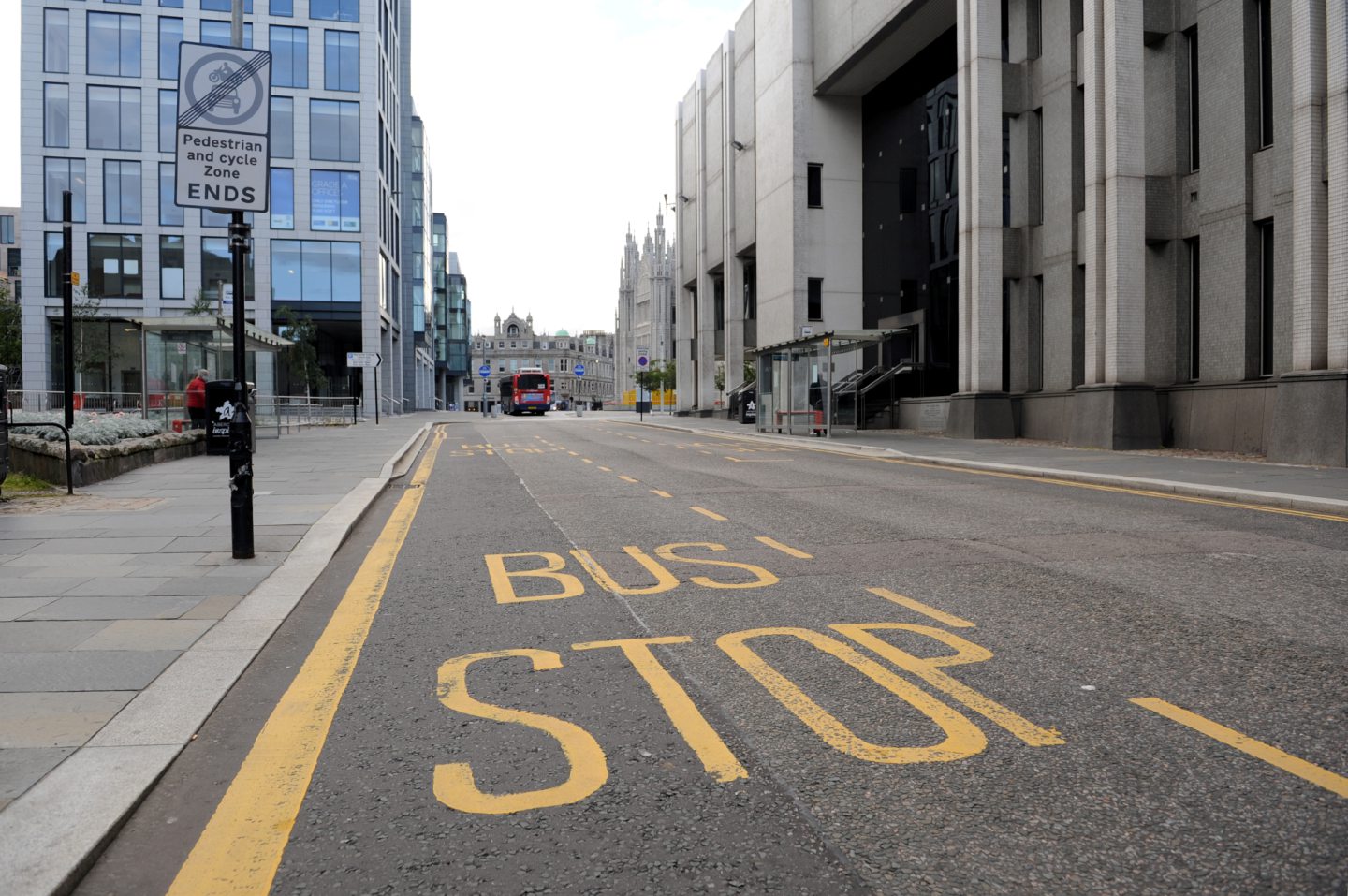

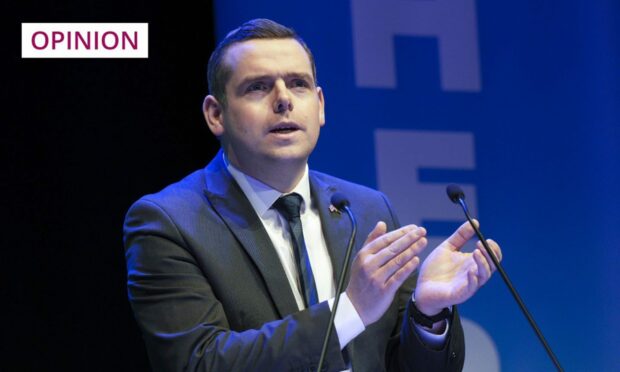
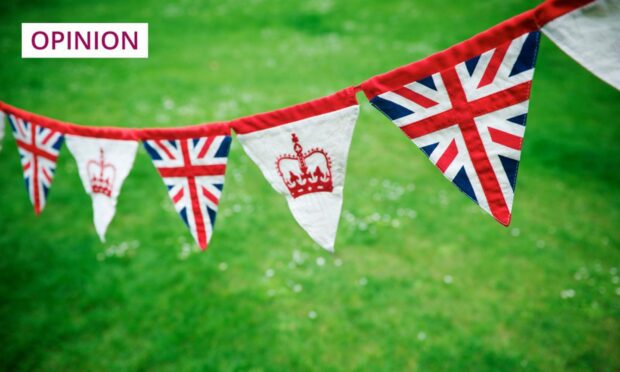
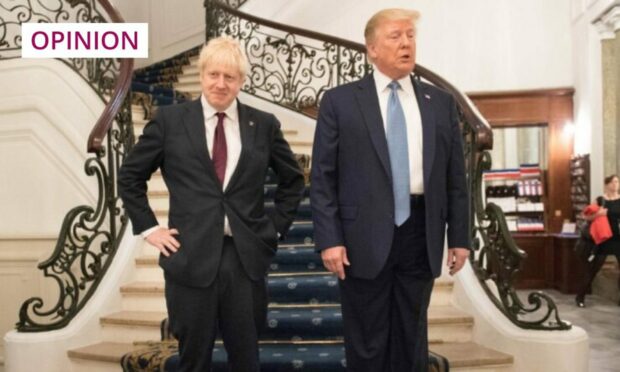
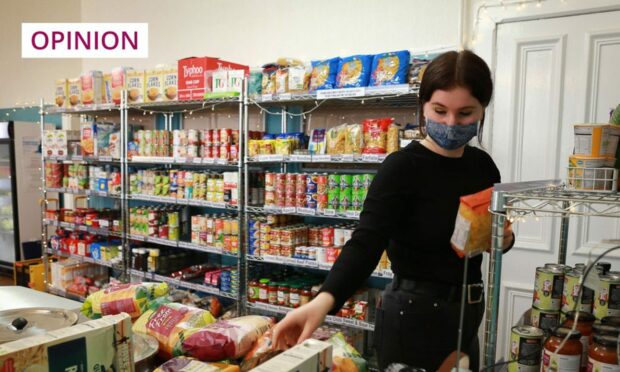
Conversation